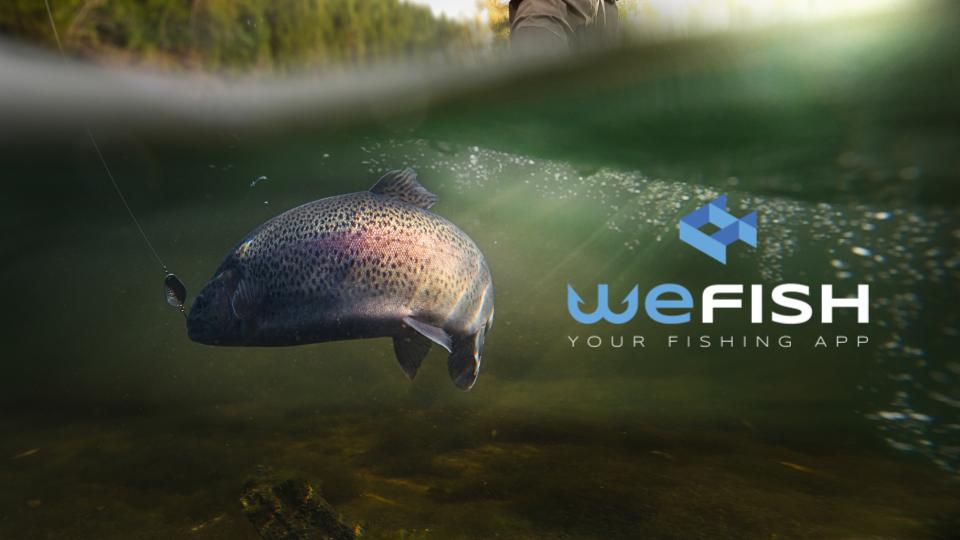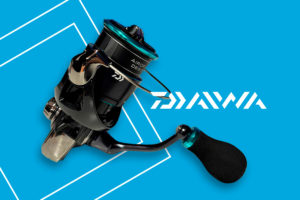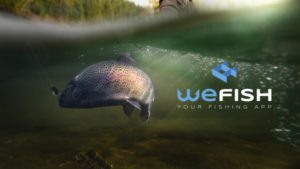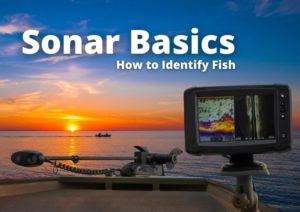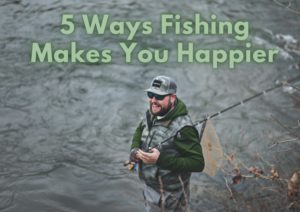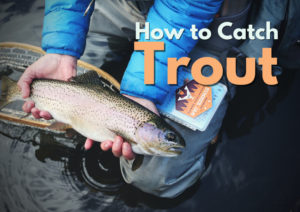Are you wondering whether it’s worth keeping a fishing log, and whether you should record the conditions on your best (and worst) fishing trips?
In that case you’ll want to know what the advantages of a fishing log are, and if it’s worth keeping one for your purposes.
As seasoned anglers, we’ve learned that keeping a fishing log can help to pinpoint a lot of details that affect our fishing success, and that in many cases we wouldn’t have noticed these details without it.
In this article we’ll walk you through the key benefits of a fishing log, the best options for keeping one, and what information you should record in it.
What is a fishing log?
A fishing log is a record of past fishing activities and catches, as well as any additional information that is relevant. Until recently, fishing logs used to be kept in a paper journal, but nowadays the best way to keep a fishing log is with a mobile app, such as the WeFish app.
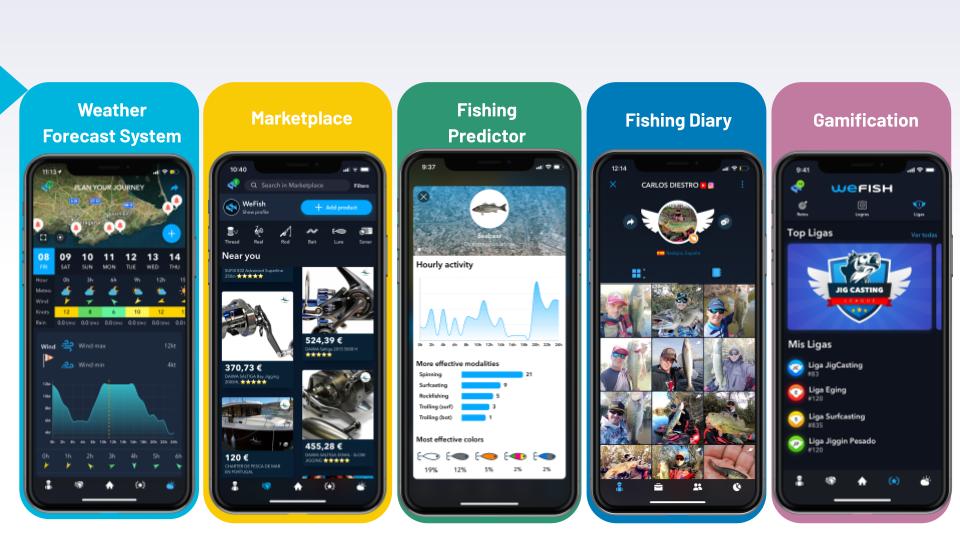
The basic idea of a fishing log is that it allows you to detect conditions affecting the success rate of your fishing trips by tracking them consistently.
Some of these factors may not be obvious if you don’t track them. This can cover anything from the weather to the moon phase, as well as specific baits, locations, or fishing tactics used.
Does a fishing log help you to catch more fish?
Yes, a fishing log definitely helps to catch more fish, since it allows you to take advantage of the results from past fishing trips to predict ideal locations and conditions for catching fish in the future.
Many professional anglers are aware of this advantage, and keep a very detailed fishing log that helps them win more fishing tournaments. This is especially true when they have a chance to fish in the same location just before the actual fishing tournament.
In other words, a well-kept fishing log can be just as important for fishing success as choosing the right rod and reel, fishing bait, or lures to use on your fishing trip. Indeed, if you leverage a fishing log successfully, you can choose a date, location, and tactic for your next fishing trip that maximizes your chances of catching fish.
A great example of this is Butch Brown, who specializes in catching double digit largemouth bass in California reservoirs. Over the past thirty years Butch has caught more than a thousand bass over 10 pounds, and during that time he has meticulously tracked the conditions in which he caught his trophy bass.
Butch noticed that he catches trophy bass only when the moon is not visible during the day, and that most bites happen just before the moon rises. So now he only goes fishing when these specific conditions arise, and as a result has a very high catch rate on his trips.
Butch’s success was only possible due to consistently logging the moon phase (and how it affected his catches), and then applying these insights to his future fishing trips.
Can a fishing log help you as a beginner?
In general, a fishing log is most useful if it contains a lot of data, which means that it grows in value over the years. On the flip side, this means that as a beginner you’ll have little data in your fishing log to work with.
However, if you use the WeFish app, you can also get access to catch data logged by others in your area. That means you can start by crowdsourcing some of your fishing data, even if you don’t have a lot of catches logged yourself.
How do you set up a fishing log?
Traditionally, fishing logs used to be kept in a paper journal that had to be updated with a pen at the end of every fishing trip.
Nowadays, however, a great alternative option is to use a fishing app, such as the WeFish APP, which allows you to log your catches digitally on your smartphone.
Using the WeFish APP also comes with the added advantage that it gives you access to a whole suite of extra information that is automatically tracked for you (such as weather, moon phase, temperature, etc.).
Download WeFish APP


What should you document in a fishing log?
While there are a wide variety of factors that you can track in a fishing log, it’s generally best to focus on the essential ones first. Otherwise the task of logging your information will quickly become tedious, and you’ll probably just stop doing it
That’s why many anglers prefer to use the WeFish app, since that automatically tracks a lot of details for you, and you just need to enter the key information on your catches.
Essential information to include in a fishing journal
The essential information that you need to track in a fishing log is:
- Date
- Time of day
- Location
- Short description of your results
This information is relatively easy to enter into a journal (or app), and provides the bare essentials of what you need to know about a particular fishing trip when looking back to it in the future.
Weather information to track
In addition to the basic information covered above, it’s also very useful to track the weather conditions and related data such as:
- Weather
- Wind
- Tide
- Temperature
- Barometric pressure
- Moon phase
Once again, the great thing about using an app such as the WeFish app, is that most of this information is automatically included when you log your catches, and you can always refer to it later if you want to try and understand why a certain day was particularly productive, compared to others that were not.
Another tip that many anglers don’t know about is that you can use a weather website such as Weather Underground to check facts about the weather for a specific date and location in the past.
For example, if you recorded a very successful fishing trip on a date two years ago, but didn’t keep a record of the wind, weather, and other relevant factors, then you can always go back afterwards and add this information from Weather Underground.
Advanced information that can be useful to track
Finally, it’s also helpful to track more advanced information, which can make a big difference between success and failure. However, it is a little more challenging to track this information, since it depends a lot on the specific circumstances in which you’re fishing.
This information includes:
- Spawning activity
- Angling pressure
- Fish stocking activity
- Underwater vegetation
While these details can make a big difference, they usually require quite a lot of experience in order to be recognized by an angler. This is the kind of information that seasoned anglers utilize to catch fish when everyone else goes home empty handed.
So as you build up experience as an angler, it’s worth tracking everything that you notice making a difference, and this is just as important for your fishing success as picking the best fishing gear to use.

